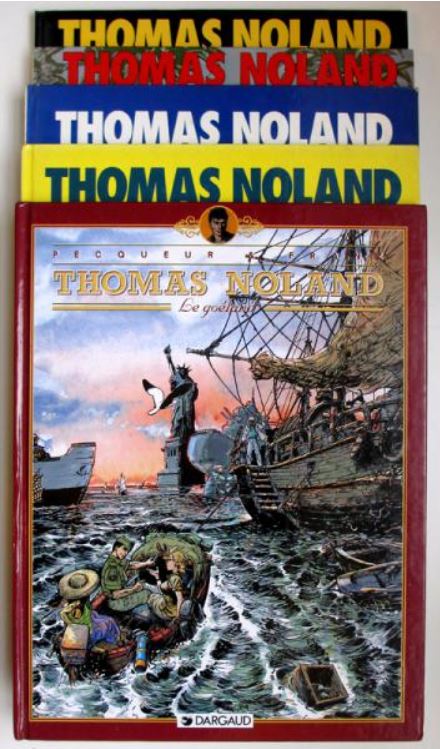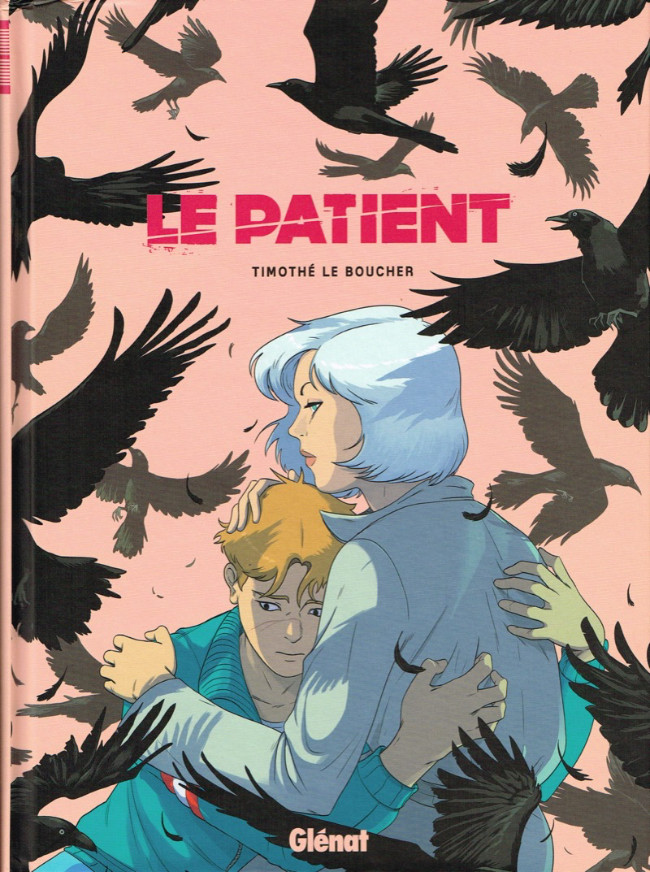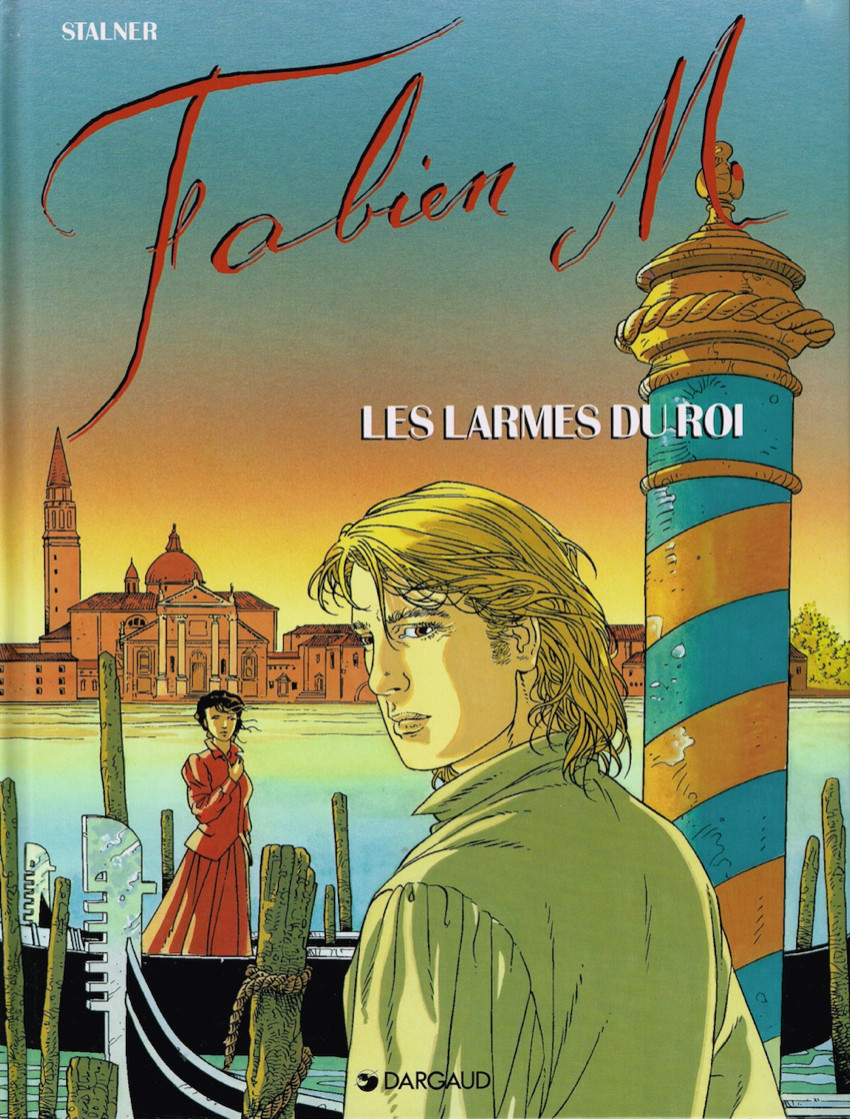
Chaney brings together a lively mix of scholars to examine the use of autobiography within graphic novels, including such critically acclaimed examples as Art Spiegelman's Maus, David Beauchard's Epileptic, Marjane Satrapi's Persepolis, Alan Moore's Watchmen, and Gene Yang's American Born Chinese. Some of the most noteworthy graphic novels and comic books of recent years have been entirely autobiographical.

When Alison comes out as homosexual herself in late adolescense, the denouement is swift, graphic - and redemptive.
BEDETHEQUE TRIGAN CODE
And yet, apart from assigned stints dusting caskets at the family-owned "fun home," as Alison and her brothers call it, the relationship achieves its most intimate expression through the shared code of books. Through narrative that is alternately heartbreaking and fiercely funny, we are drawn into a daughter's complex yearning for her father. Meet Alison's father, a historic preservation expert and obsessive restorer of the family's Victorian home, a third-generation funeral home director, a high school English teacher, an icily distant parent, and a closeted homosexual who, as it turns out, is involved with his male students and a family babysitter. Like Marjane Satrapi's Persepolis, it's a story exhilaratingly suited to graphic memoir form.

This breakout book by Alison Bechdel is a darkly funny family tale, pitch-perfectly illustrated with Bechdel's sweetly gothic drawings.

A fresh and brilliantly told memoir from a cult favorite comic artist, marked by gothic twists, a family funeral home, sexual angst, and great books.


 0 kommentar(er)
0 kommentar(er)
